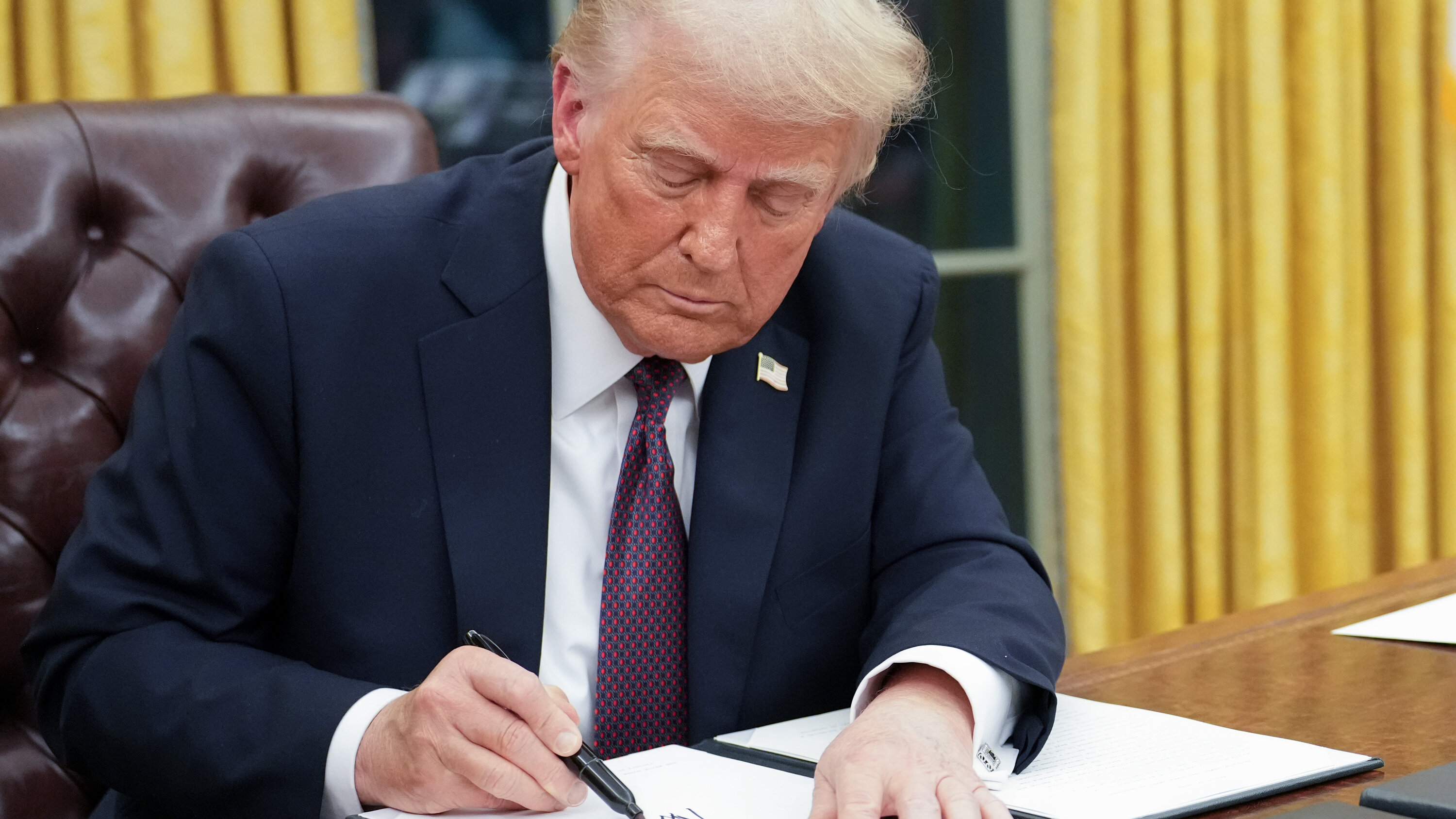Trump's Political Zenith: Navigating the Tipping Point of Power

In an unprecedented era of political dynamics, the Republican Party finds itself more deeply defined by a single individual than perhaps any major political party has been in generations. Donald Trump's influence continues to cast a long shadow over the GOP, shaping its identity, messaging, and direction even as the countdown to his potential political future begins.
The former president's grip on the Republican Party remains remarkably strong, transcending traditional political boundaries and redefining what it means to be a Republican in contemporary American politics. His magnetic personality, unconventional approach, and unwavering base of support have transformed the party's landscape, creating a political movement that revolves almost entirely around his persona and principles.
As the political clock ticks and speculation mounts about Trump's next moves, his impact on the Republican Party shows no signs of diminishing. His ability to command media attention, mobilize supporters, and influence party strategy continues to be a defining characteristic of the modern Republican political experience.

